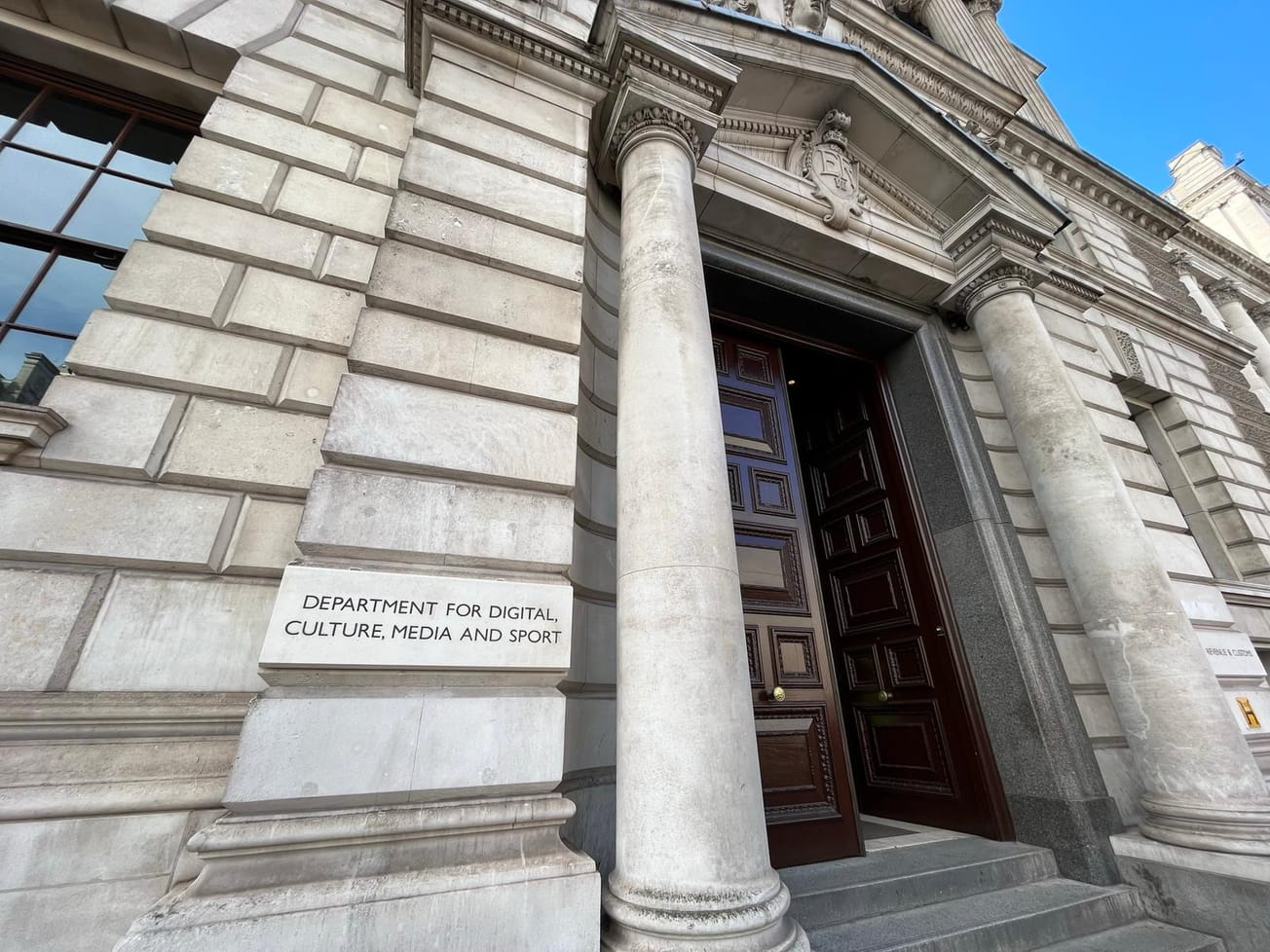Online Features Editor Ollie Smith discusses reasons behind the upcoming university strikes
I couldn’t help but feel a certain level of irony when, as I begin a new unit on the strike-ridden era of 1970s Britain this week, my tutor informed me that we may actually be experiencing it first-hand. There were questions in the room over whether it would affect important submission dates, to which thankfully the answer was no.
Epigram broke the news that a series of university staff pension strikes totalling 14 days will be held in February and March with the longest lasting five days from the 12th to 16th of March.
it is important we properly understand how this strike came to be and its potential implications
As is the desired effect of planned industrial action this has understandably caused much debate in the university with an anonymous author writing in an Epigram Comment piece that ‘This is a display of incompetence, and it shows a total disregard for student welfare’. There is no guarantee this action will actually go ahead with both sides clearly keen to avoid disruption if possible.
Whilst the university have said they will reduce the effect on students, some will undoubtedly miss teaching if the planned strikes do go ahead. As a history student whose degree consists mainly of reading I don’t expect to be hugely affected by such action, but those in later stages of their degrees and those in more tutor-led subjects will no doubt experience disruption far more.
Bristol students face 14 days of disruption due to strike action as disagreements continue over pensionshttps://t.co/78Si5ulOtG pic.twitter.com/eEuBW29jmK
— Epigram (@EpigramPaper) January 30, 2018
Given the potential effect on students it is important we properly understand how this strike came to be and its potential implications. This is, after all, a country-wide strike that will affect not just Bristol but 60 other universities, with the UCU (Universities and Colleges Union), which has called for the strikes, representing over 110,000 members nationally.
As reported, the USS (Universities Superannuation Scheme), the pension provider at the centre of the dispute, has proposed an altered pension scheme that the union fears will have a negative impact on its membership, with lecturers potentially left £10,000 a year worse off once they begin to claim their pensions following retirement. This has understandably led to much anger among UCU members with the union holding talks with the USS to try to prevent this potential damage. Upon the collapse of these talks a vote was held and the decision was made to take strike action.
What this all reflects are the rising costs of UK higher education
These developments are nothing new, with the USS requesting £500 million more a year from its contributors in 2017 due to a shortfall in funding. In the summer of 2017 it was reported that the USS had a deficit of £12.6 billion which, when adjusted for life expectancy, rose to £17.5 billion. The pension scheme is therefore clearly struggling in the current financial climate, especially considering its funding deficit has sharply risen from £5.3 billion in 2014.
Since the USS has over 390,000 members the level of concern surrounding pension protection seems understandable. Back in December the General Secretary of the UCU, Sally Hunt, wrote that ‘staff pay has fallen by 16% since 2009’ with the union clearly feeling its membership had been left behind as staff pay has fallen despite university fee increases. Current pension problems are not limited to the higher education sector, with BT among a number of employers also with a pension scheme deficit.
the issue of university costs and funding is now more heated than ever
What this all reflects are the rising costs of UK higher education. With increased political pressure to keep tuition fees down, institutions seem to be finding it more difficult to maintain the status quo.
In a time when the number of university applications fell in 2017 and much debate has been held over the pay of university vice chancellors, the issue of university costs and funding is now more heated than ever. This is so particularly in a political climate where the Labour Party has vowed to end tuition fees and the Conservative Government has been forced to freeze them at £9,250 a year following a disastrous general election, scrapping further planned increases. The fact that the NUS has chosen to support the strike highlights the heightened political climate surrounding our universities.
Roses are red
— UCU (@ucu) February 14, 2018
Violets are blue
Time for #USS talks
Say students and UCU#AcademicValentines
There is bound to be further debate as the issue progresses and for students it is unlikely we will know for certain until days before the strikes are due to begin whether or not we will be affected. The UCU union has made it clear it would prefer to avoid a strike so there may be further attempts at negotiation; it is certainly a finely balanced situation with both sides in a difficult position.
The pension provider is struggling to find the money to guarantee pensions and the union members are concerned that changing the benefits scheme will leave them sizably worse off. I hope these disputes do not dissuade people from wanting to work in higher education and that for the sake of all sides, students included, a solution will be found.
Featured image: Epigram/Ollie Smith









